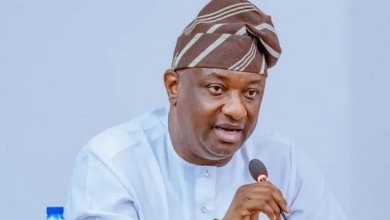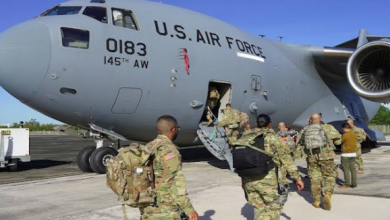U.S. congress allegedly authorises military action in Nigeria

In an unprecedented move, the United States Congress has reportedly passed a resolution authorising military force in Nigeria, securing 285 votes in favor out of 383 cast.
According to the resolution, the President of the United States would be empowered to launch “targeted military strikes” against armed groups accused of orchestrating widespread attacks on Christian communities across northern and central Nigeria.
A statement posted on the outgoing American President’s social media platform proclaimed: “What is happening in Nigeria is nothing short of genocide against Christians.
”HUGE WIN! Congress just voted 285–98 to let us STOP the slaughter of innocent Christians in Nigeria.
”The military is ready. Very soon, justice will be done fast and hard. Thank you to every Patriot who stood with us!” The message — signed “Donald Trump, United States President” — added that the military is standing by, and a strike is imminent.
Sources said that if carried out, the operation could begin within as little as 10 days.
However, the alleged congressional vote has generated immediate controversy: Many observers in Africa and Europe warn that a unilateral U.S. military intervention could destabilise the entire West African region.
Some governments have described the move as dangerously provocative and counterproductive.
On the Nigerian side, Bola Tinubu, Nigeria’s president, rejected what he called an “overreach.”
In a statement he insisted the matter remained an internal security issue for Nigeria, one that affects citizens of all faiths, not solely a Christian community.
He argued that the U.S. should respect Nigeria’s sovereignty and noted that violence in the country is multifaceted, involving banditry, herder-farmer conflict, and militant insurgency, rather than a simple religious war.
As diplomatic tensions rise between Abuja and Washington, the world now watches: will the U.S. press ahead with military intervention and if it does, what could that mean for regional stability, humanitarian consequences, and Nigeria’s fragile security landscape?


